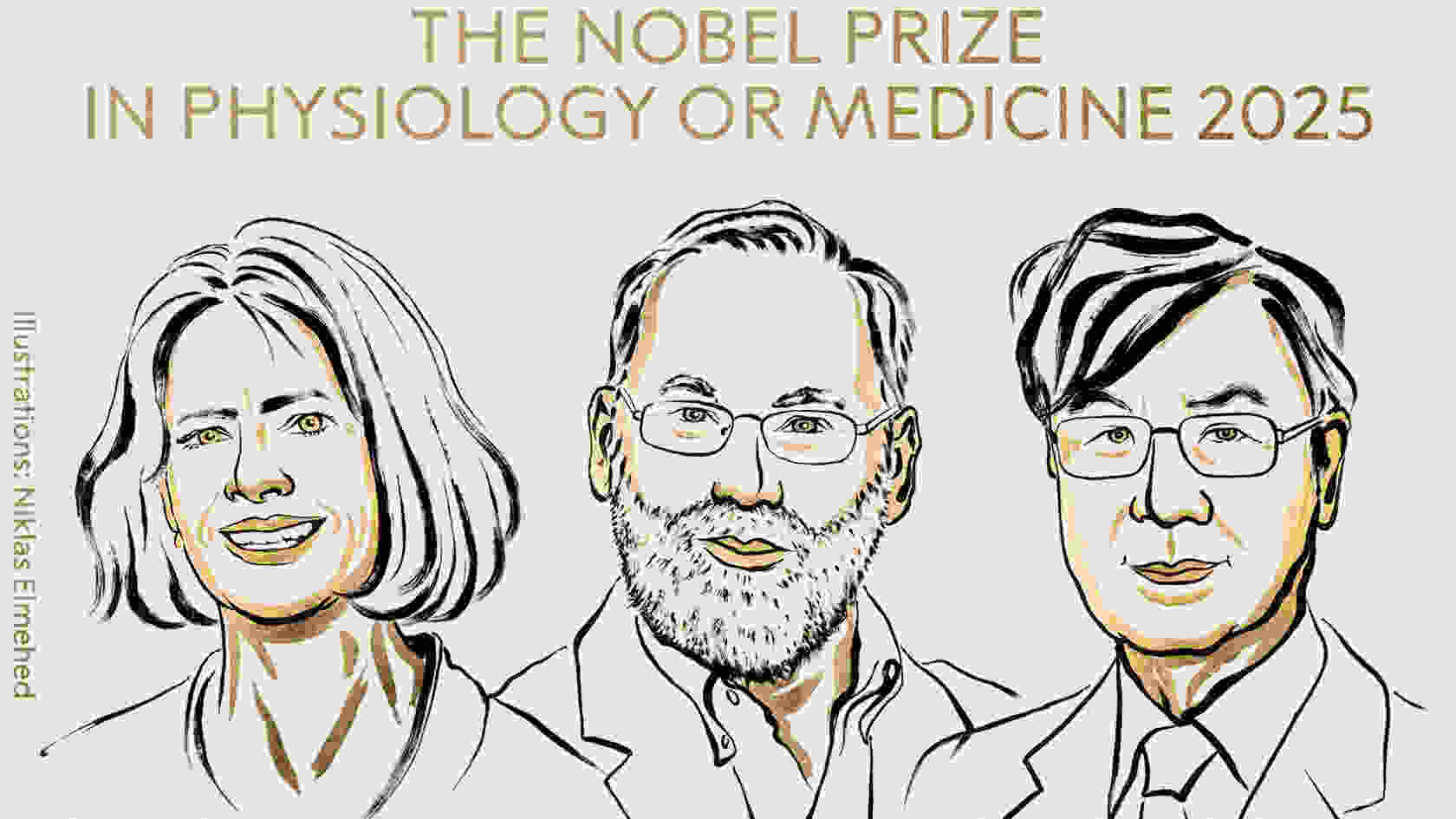2025 Nobel Prize in Medicine: Three Scientists Unravel the Mystery of the Body’s ‘Self-Tolerance’

2025 Nobel Prize in Medicine: Three Scientists Unravel the Mystery of the Body’s ‘Self-Tolerance’The prestigious Nobel Prize in Physiology or Medicine for 2025 has been jointly awarded to three outstanding researchers for their groundbreaking discoveries concerning the human immune system. The Karolinska Institutet in Sweden today announced that Mary E. Branko (USA), Fred Ramsdell (USA), and Shimon Sakaguchi (Japan) are the recipients of this year’s top honor.
Their revolutionary work centers on ‘Peripheral Immune Tolerance’—a sophisticated internal defense mechanism of the body. This process explains how our powerful immune system effectively combats harmful invaders like viruses and bacteria, while simultaneously preventing it from mistakenly attacking its own cells and organs. A breakdown in this critical self-tolerance is the root cause of debilitating autoimmune diseases.
The Unveiled Mystery: The ‘Second Layer of Tolerance’
Our immune cells initially undergo training in an organ called the Thymus. There, they learn to distinguish ‘self’ cells from ‘foreign’ invaders. However, some ‘rebellious’ immune cells can escape this initial training and circulate throughout the body. The groundbreaking research by these three scientists demonstrated that a second line of defense exists in the peripheral tissues to deactivate these rogue cells. This process is what is known as ‘Peripheral Immune Tolerance’.
Professor Sakaguchi was instrumental in identifying and characterizing the crucial role of ‘Regulatory T-cells’ (Tregs). These Tregs act like peacekeepers, suppressing other aggressive immune cells and ensuring that the body does not launch an attack on its own tissues. Branko and Ramsdell, on the other hand, meticulously elucidated the intricate molecular mechanisms underpinning the effective function of these vital Tregs.
Profound Implications for Humanity
This discovery propels medical science to new heights. It is not merely an academic triumph, but one that holds the potential to transform the lives of millions:
- Treatment for Autoimmune Diseases: Maladies such as rheumatoid arthritis, multiple sclerosis, and Type 1 diabetes are rooted in the failure of this self-tolerance mechanism. The ability to manipulate and control Tregs could lead to the development of more effective and curative therapies for these challenging conditions.
- Organ Transplantation and Rejection: The body’s rejection of transplanted organs is a major hurdle in transplant medicine. By harnessing and controlling this tolerance process, the rate of organ rejection could be significantly reduced in the future.
- Cancer Immunotherapy: Cancer cells often exploit this tolerance mechanism to evade the immune system’s detection. Scientists are now actively exploring ways to reverse this process, making immune cells more effective in fighting cancer.
Last Year’s (2024) Nobel Laureates
It is noteworthy that last year, in 2024, the Nobel Prize in Physiology or Medicine was jointly awarded to two distinguished researchers:
- Victor Ambros (USA)
- Gary Ruvkun (USA)
They were recognized for their discovery of microRNA , a tiny RNA molecule, and its crucial role in gene regulation. This seminal discovery unveiled an entirely new mechanism of gene control in living organisms.
The three laureates for 2025 will share the Nobel Medal, a diploma, and the prize sum of 11 million Swedish Kronor. As per tradition, the award will be presented at a ceremonial event in Stockholm on December 10, the anniversary of Alfred Nobel’s death.
Source: Nobel Prize Org


